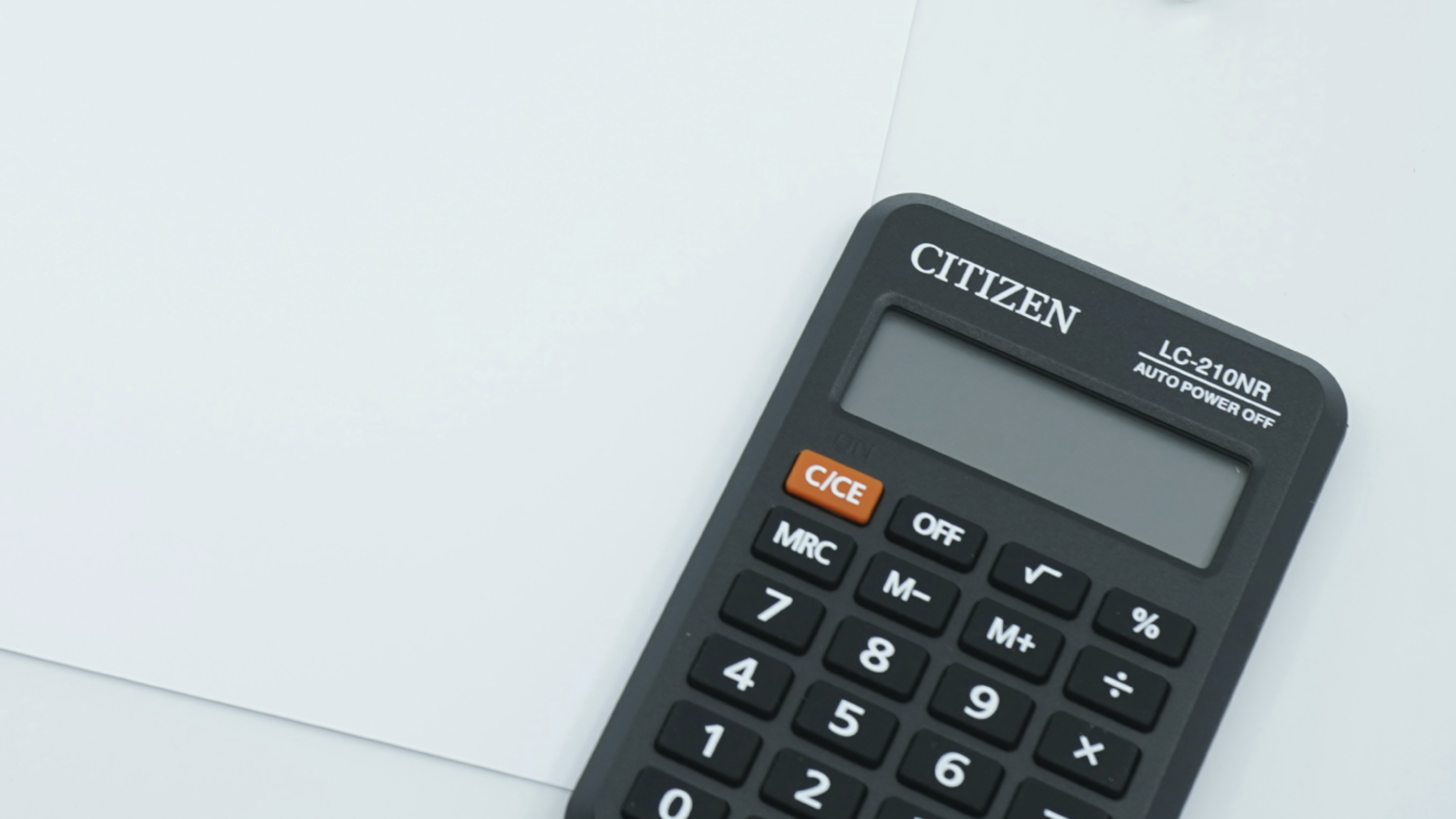Here at CAP, we deliver an award-winning service that teaches people how to better manage their money, and in this session you’ll look at ways to control your budget and save money when shopping.
(mellow music)
(chalk scratching)
Hello, and welcome to Kick Start.
I’m Alice from Christians Against Poverty
and in this session, we’re going to talk
about making your money go further.
(mellow music)
(chalk scratching)
It’s important that we manage our money well
and reduce the spending where we can, giving us more
to spend on the things that are important.
Here at CAP, we specialise in an award-winning service
that teaches people how to better manage their money.
In this session, we’ll be looking at ways that we can reduce
our spending and give you some really practical tips
for when you’re out shopping later on.
The first thing that we recommend you do is to sit down
and work out where you are spending your money.
Then, for each area of your spending, see if you are able
to cut costs, cut back or cut out.
Cut costs means to buy the same thing, but cheaper.
For example, next time that you’re
in the supermarket buying cereal,
maybe you could buy the cheaper brand at a lower price.
Cut back means to buy something less often.
Having a takeaway once a month instead of once a fortnight
will halve the cost.
Cut out means that you stop buying it completely.
For example, you may be paying for a subscription
that you could go without, like a TV package
or a magazine delivery.
Taking the time to apply the cut costs, cut back
and cut out principles, will reduce your outgoings
and help you to take control of your finances,
rather than letting them control you.
Making changes and wise spending decisions may feel
difficult at first, but it will be worth it in the long run.
For example, a major benefit of reducing costs is
that you can save the money that you haven’t spent,
then when unexpected costs come along,
such as a car breakdown, you have the money ready
to handle it.
Have a go now at identifying areas where you could cut costs
and buy it cheaper, cut back and buy less,
or cut out altogether.
(mellow music)
The most critical time for managing our money
is when we’re out in the supermarket.
It’s so easy to be tempted by all that’s on offer
or to throw an extra treat in the trolley.
Here are five top tips for spending less while shopping.
One, plan your meals before you leave the house.
Check what you’ve already got in the cupboards.
What do you need to add to make meals?
How many people are you feeding?
This will help you to reduce wasting food
that you’ve already bought.
Two, make a shopping list and take it with you.
Supermarkets are set up to make us buy things
that we don’t need with tactics such as putting offers
at the end of the aisles, placing magazines,
sweets and other goodies near the checkouts
or placing the items that we buy regularly like milk
and bread at the back of the shop, to make sure
that you walk further and impulse buy on the way.
During the coronavirus, many shops are also
using one way systems, which means that we have
to weave our way up and down more aisles to get the products
that we need.
So, it’s even more important to make sure that you know what
it is that you’re going in to buy.
Three, don’t go food shopping when you’re hungry.
You’re likely to make decisions based on your wants
and not your needs.
Four, shop late at night to get reduced prices
on fresh food.
Many shops sell food that’s close to its use-by date
at reduced prices.
And five, if you have a few options
for supermarkets near you, choose to shop
in the cheaper budget supermarkets.
Take some time to think about how you can put these
into practise when you next go shopping.
(mellow music)
This session is designed to help you manage your money and reduce your spending where possible; for example, when doing a weekly food shop. You’ll discover simple, practical ways to save money and stick to your budget when shopping. The session also aims to help you save money while shopping safely during the coronavirus pandemic.
You should end this session feeling equipped to apply the three money saving principles – cut costs, cut back and cut out – to your own spending. You should feel able to stick to your budget when shopping and have some useful money saving tips to use.
Yes! We offer additional facilitator resources, such as guidance on activities and discussions, to allow you to run this as a group session for your church or community. Fill out the form and you’ll receive an email confirmation with instructions on how to access your free resources.
